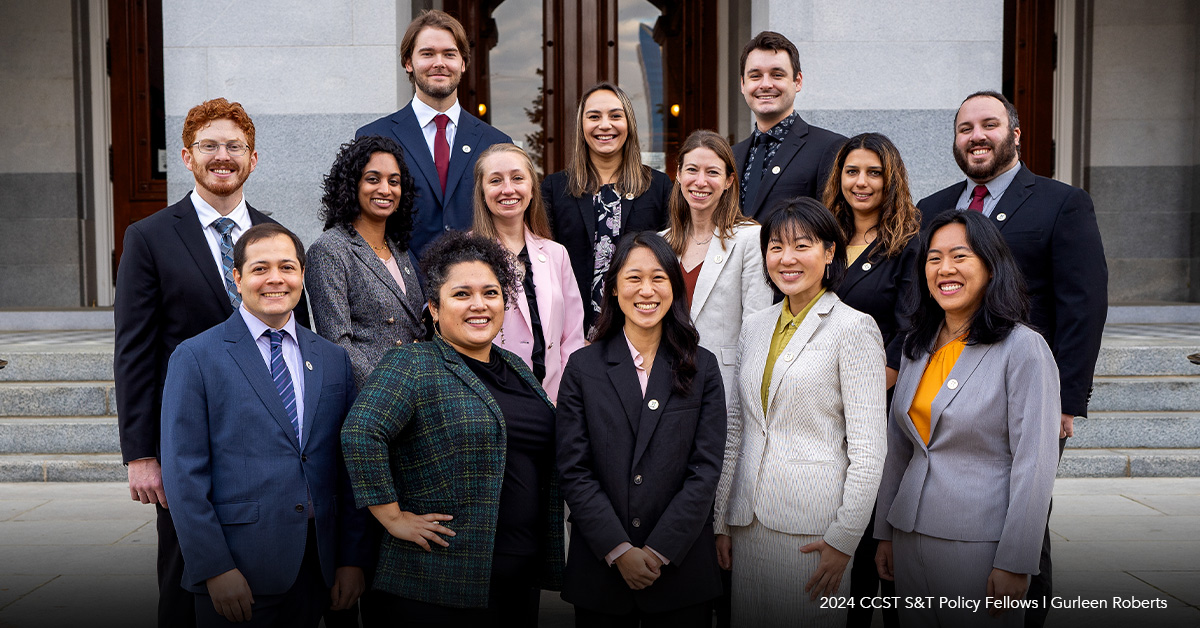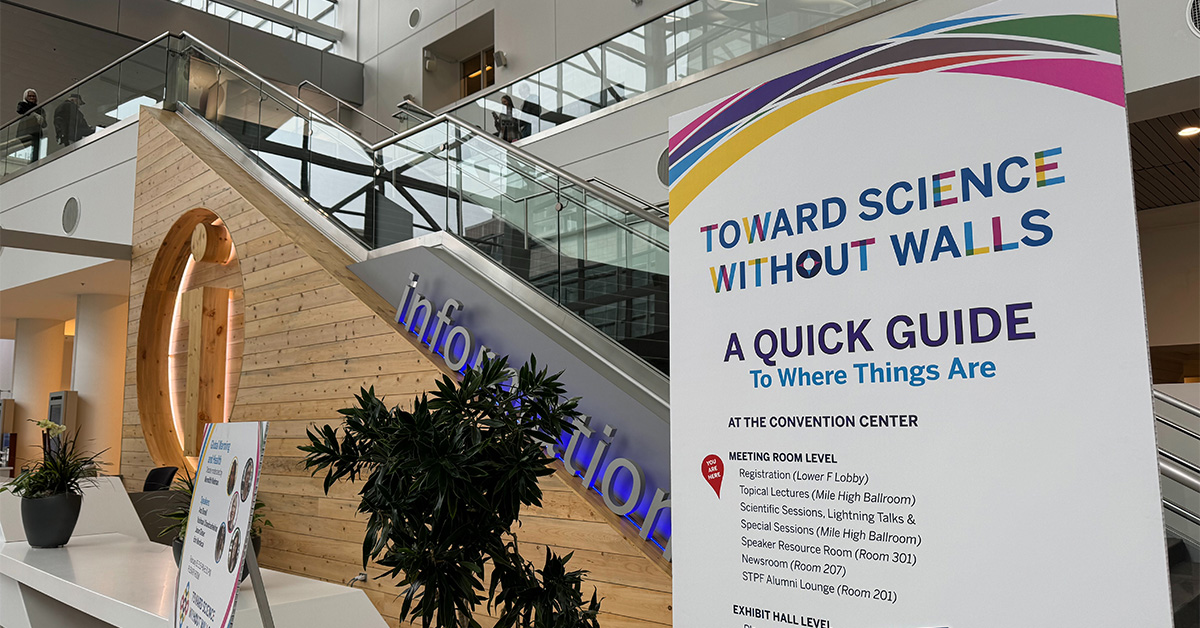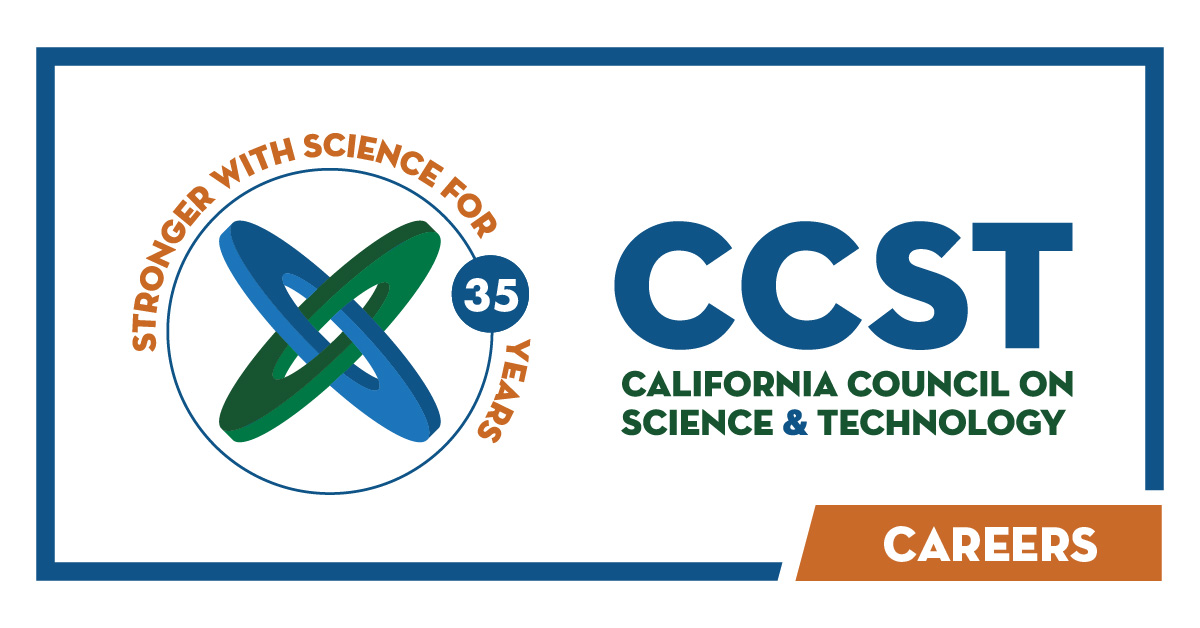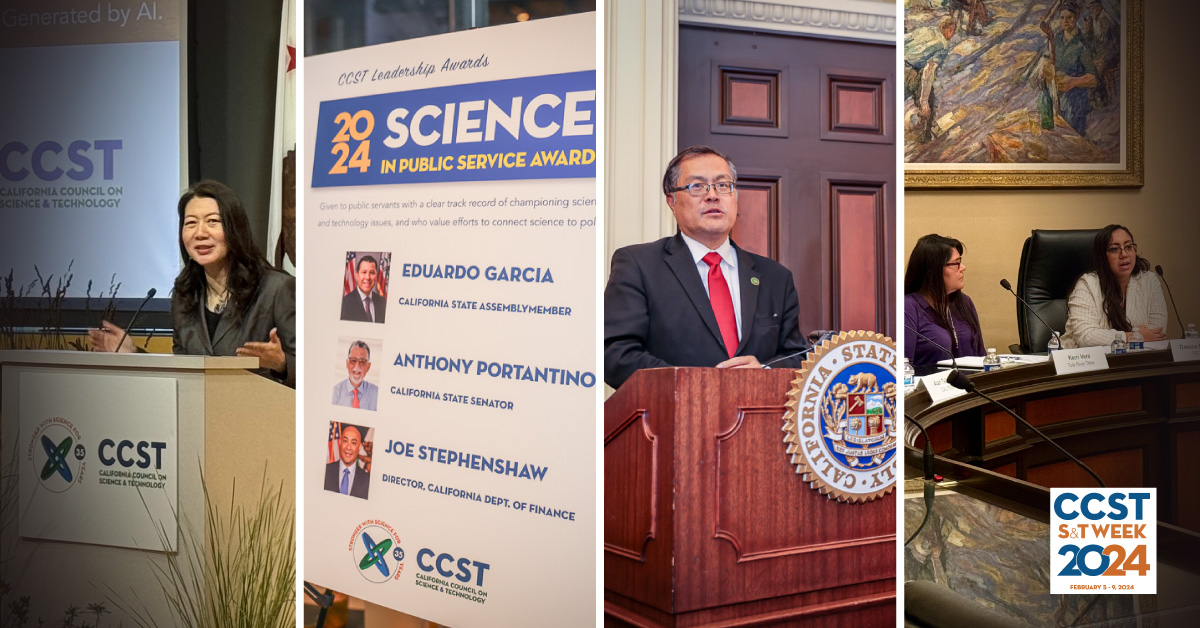California Trailblazer Sally Ride Left Legacy of Dedication to Science Education
July 27, 2012 | Obituaries | Contact: M. Daniel DeCillis
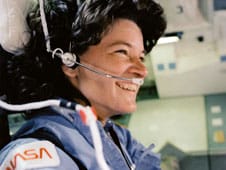
When astronaut Sally Ride, the first American woman in space, passed away this week at 61, she left behind a decades-long legacy of commitment to the science and technology community that resonates deeply in the California communities where she lived and worked.
“I was privileged to know Sally Ride,” said CCST Council Member Julie Meier Wright. “She was a true American pioneer in space and in science. She had a commitment to education and to the next generation of American innovators.”
Encino native Ride spent most of her professional career in California. She earned her PhD in physics from Stanford University before being accepted to the space program, eventually flying on the space shuttle Challenger in 1983 and 1984.
She retired from NASA in 1987 and became a science fellow at the Center for International Security and Arms Control at Stanford; two years later she became a professor of physics at UC San Diego, where she also served as director of the California Space Institute from 1989 to 1996.
“We are grateful for the legacy she leaves, through her myriad accomplishments as a scientist, teacher, mentor and friend, and her leadership in establishing the Sally Ride Science Festival,” said UC San Diego Chancellor Marye Ann Fox in a statement earlier this week. “She will continue to be an inspiration for many generations to come.”
Ride worked hard to engage young people in science, math and technology, especially girls. She co-wrote seven science books for children, and started Sally Ride Science, a San Diego-based company that provides classroom materials, programs and professional development opportunities for K-12 educators, with a strong focus on science, technology, engineering and math education among elementary and middle school students and the real-world applications of these concepts. Her efforts to make STEM education more accessible to girls have particularly resonated in California, a high-tech state where STEM education has been seen as vital to the long-term viability of its S&T community.
“She was a true guiding light in science education,” said Gerry Wheeler, the interim executive director of the National Science Teachers Association, in a press release. “Sally’s work with NASA and her passionate efforts with Sally Ride Science made science fun and engaging for young students… she worked tirelessly to inspire thousands of young girls to pursue careers in the STEM fields.”
Ride retired from UC San Diego in 2007, but continued her work with Sally Ride Science until her death.
“Sally left an indelible imprint on San Diego, on California, and on the nation,” said Meier Wright.

